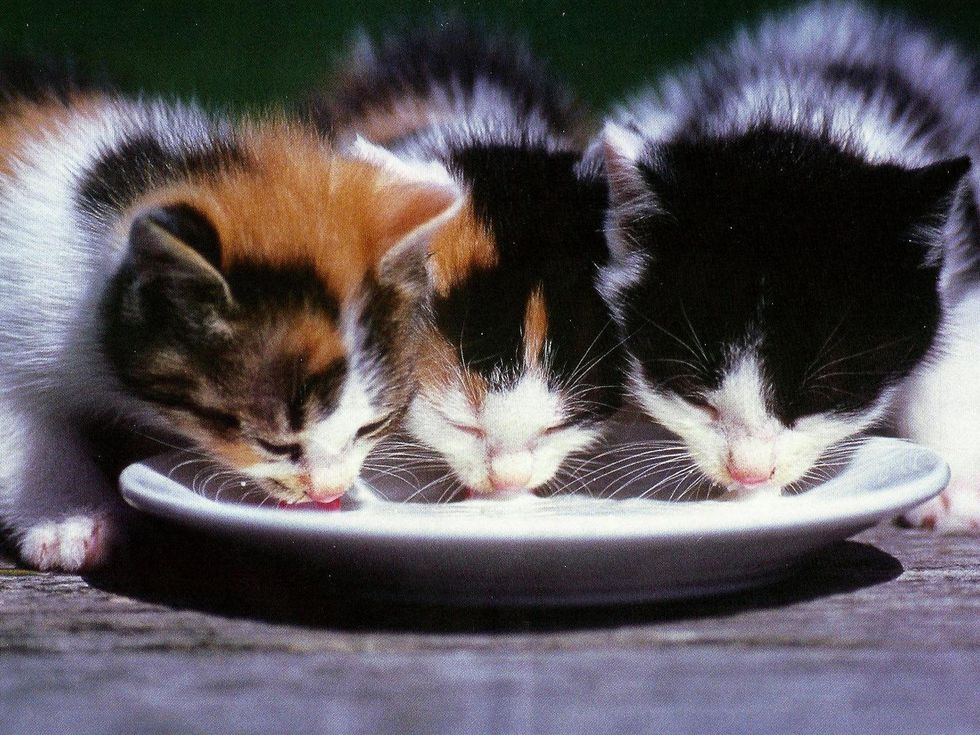Be careful
13 things you can do to help your pet survive Houston's heat and hurricane season
In light of recent disasters, the looming hurricane season and the long, hot summer, Houstonians should take heed and have plans in place. And not just for yourself – but for pets as well. Treat your animals just like any other family member! They can’t take care of themselves any more than a young child would be able to; make sure you make provisions for them.
Houston Humane Society executive director Sherry Ferguson shares tips to keep your pets safe and healthy this summer.
Keep pets safe during hurricane season:
- Make sure pets are microchipped. It's just $25 at the HHS or $30 at the SNAP Wellness Clinic and also available through you regular vet. This is the only foolproof identification to help pets find their way home in case they are lost. Collars and tags can come off and get lost (especially when animals are on the loose), but a microchip the size of a grain of rice safely implanted just under the skin, is permanent. Once your animal is chipped, make sure you keep the information up-to-date if your contact info changes.
- Ensure that your pets are up-to-date on shots.
- As people stock up on bottled water and food for families in case of a hurricane, they need to be sure to include pets in the plans. It’s important to have enough water for all the pets in a household as well as one to two months worth of extra food. If a pet eats canned food, make sure to have a manual can opener.
- If evacuating, make sure to bring an animal's medication. Have a one-month supply of all medications that your pet takes, including heart worm and flea/tick preventatives.
- Store a pet’s medical records and photo in a safe, waterproof container or Ziploc bag. In the event a pet is lost, it’s important to have a current and accurate portrayal of the animal and sometimes vet records to show proof of ownership.
More immediate safety tips/crucial guidelines to manage summer heat:
- Don’t leave pets outside for extended periods of time. Never keep pets in a parked car! The temperature in a parked car can increase by at least 20 degrees in 10 minutes, creating deadly situations for animals. “Animals are smaller than a human, they don’t sweat like a human. They can go into heatstroke and heart failure quicker than a human being,” says Ferguson.
- Keep in mind that hot pavement can burn the pads of animal’s paws.
- Make sure pets always have plenty of clean, cool drinking water.
- Alter your pets daily routine to manage the heat. Even for a pet used to a daily jog, summer temperatures can make outdoor exercise dangerous. Switch work-out routines to early mornings or late evenings.
- Pets can easily overheat, so ensure to bring water for your dog on a jog and look for symptoms of overheating.
- Animals can get sunburns like humans, so when having your pet groomed for the summer, be sure to leave enough hair that their skin is protected.
- Ensure pets are up to date on heartworm prevention since mosquitoes and their larvae carry heartworms. The hot muggy weather makes the problem even worse in the summer (though prevention should definitely be given year round). One preventive pill a month can save your dog from expensive and potentially dangerous heartworm treatment. Preventative is available at a reduced cost at the HHS, SNAP Wellness Clinic and other area discount clinics as well as your local vet.
- Fleas are a huge issue as well but fortunately there are topical and oral preventatives (at reduced cost at the HHS and at SNAP). Dog park popularity contributes to the flea issue so be sure Fido is on regular preventative.
Note also the availability of low-cost spay/neuter services at The Houston Humane Society, SNAP and other local resources. HHS is offering free spay/neuter for up to 500 "bully breeds" from certain zip codes.


